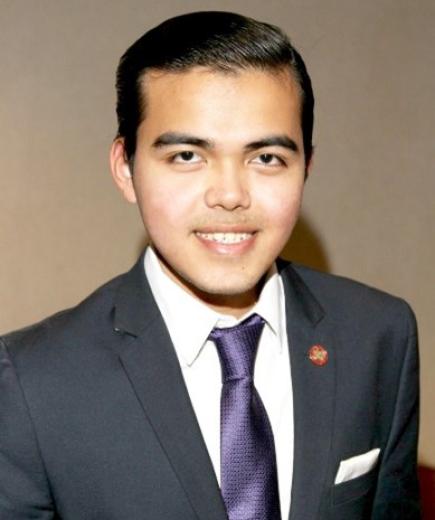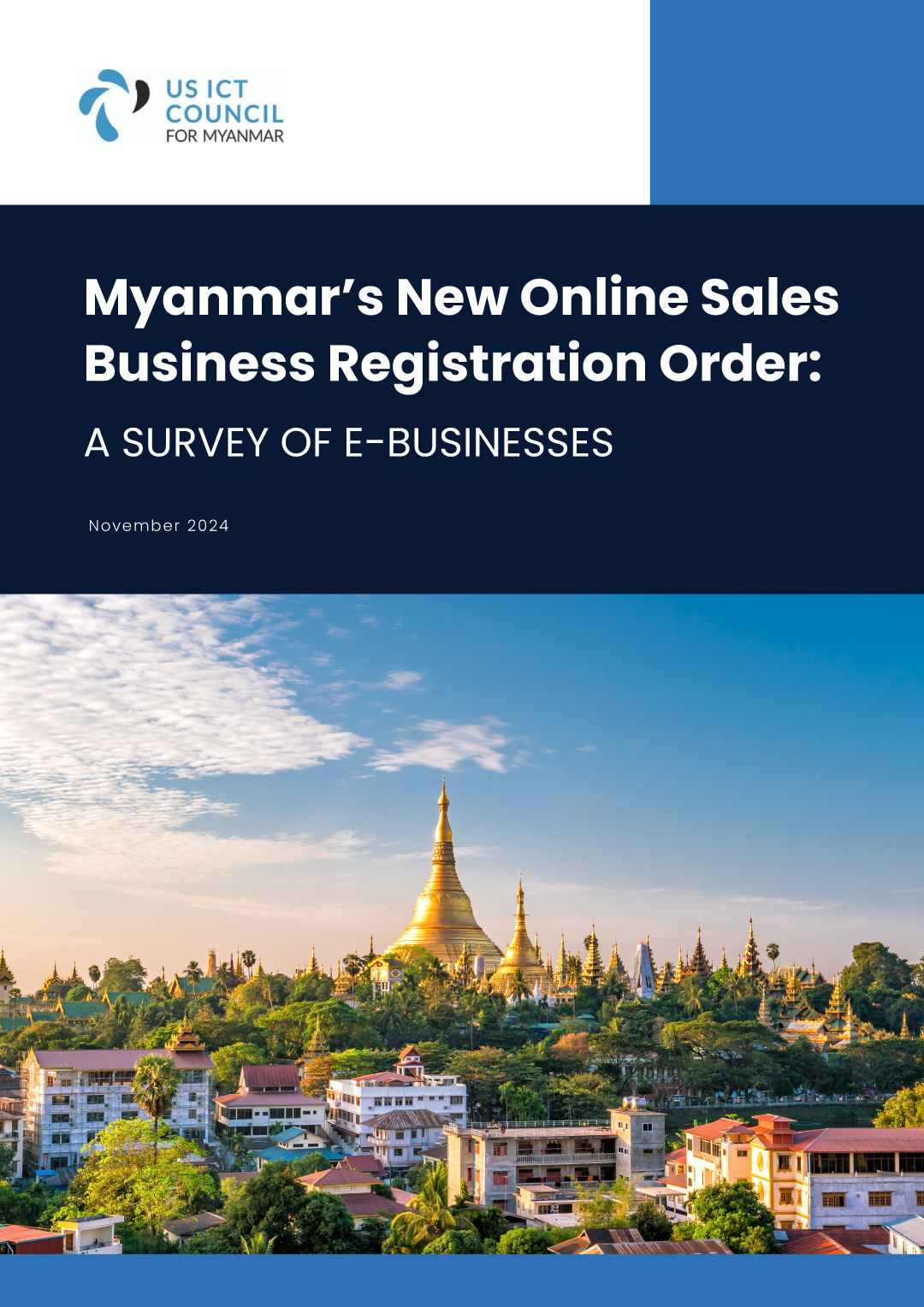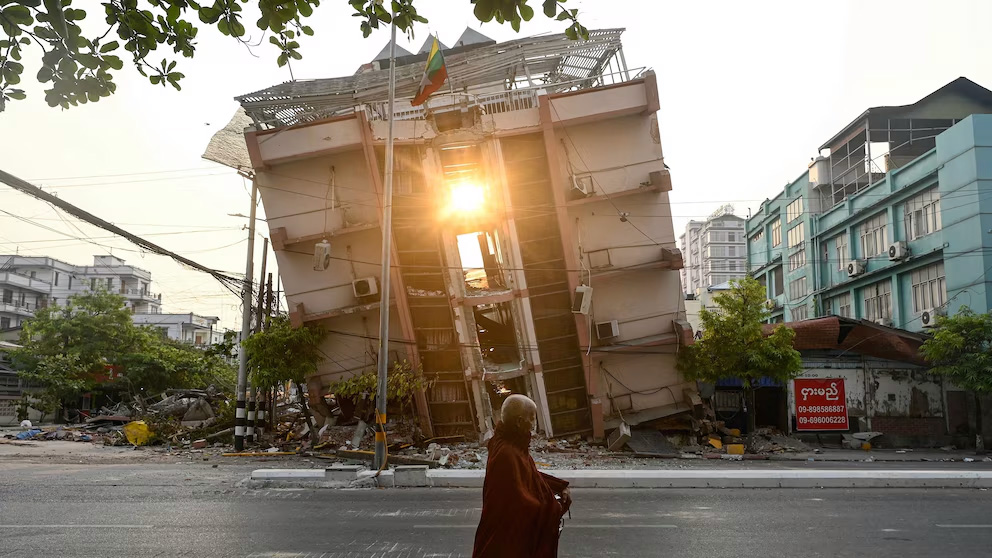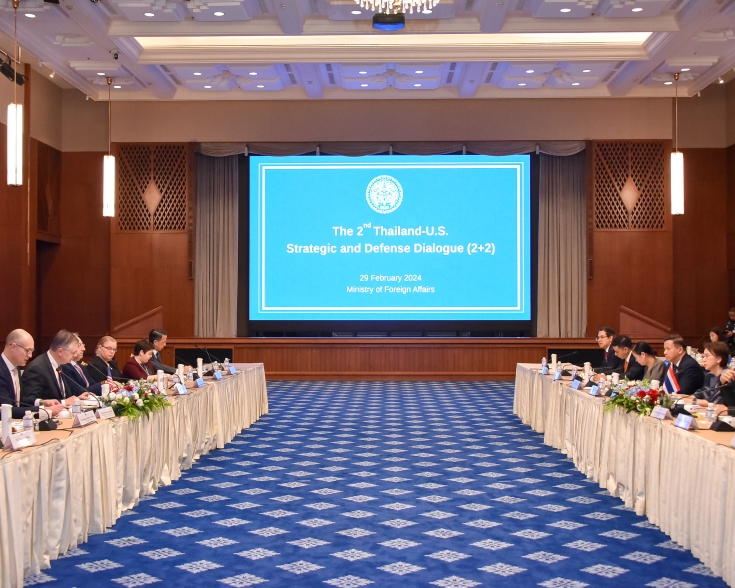Myanmar Military Junta Enforces Conscription Law
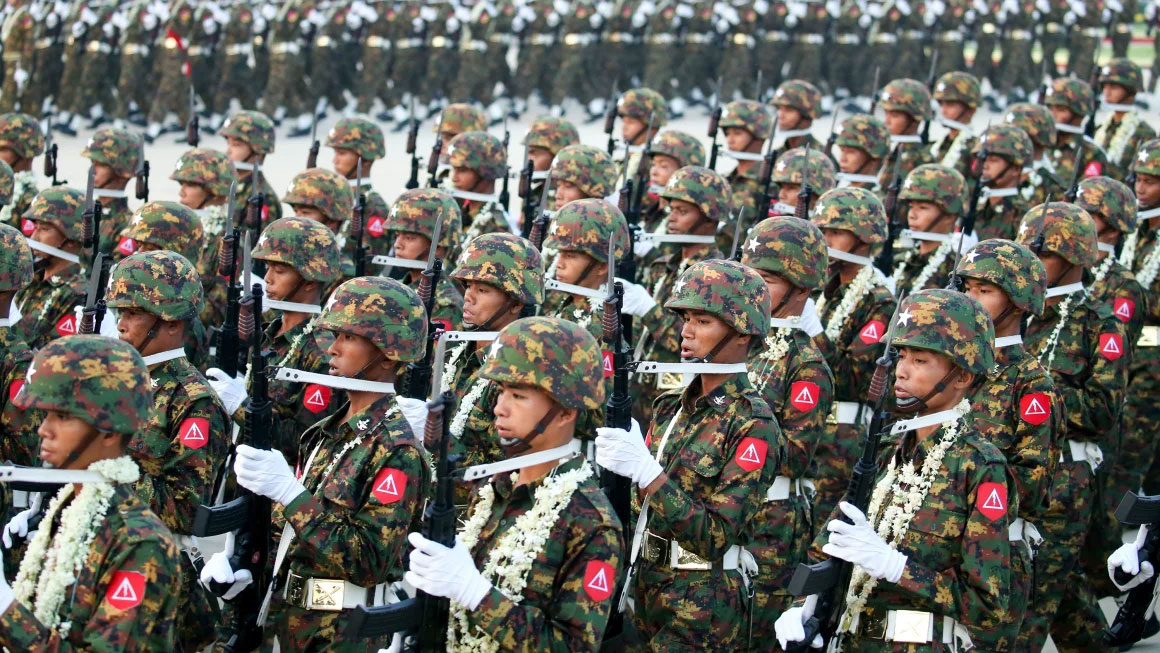
In an unexpected turn of events, on February 10, the State Administration Council (SAC) enforced the “People's Military Service Law”, previously enacted by the then Senior-General Than Shwe’s State Peace and Development Council (SPDC) in 2010. An unofficial English translation of the law can be found here. Following this, on February 13, 2024, the “Reserve Forces Law”, another law enacted by the SPDC, was enforced. Under this law, veterans could be called back by the SAC to serve again.
The People's Military Service Law mandates that male citizens aged 18 to 35 and female citizens aged 18 to 27 are deemed “eligible” for military service. However, different age criteria apply to professionals, with males eligible up to the age of 45 and females up to the age of 35. According to the law, under normal circumstances, citizens meeting the criteria may be summoned to serve in military duty for a maximum of 24 months. Those summoned for military technician service could be called to serve for up to 36 months, while experts may serve a maximum of 36 months. Nevertheless, the law stipulates that the military service duration may be extended for up to 5 years in a state of emergency, as is currently the case under the SAC's declaration. Moreover, the law mentions that individuals attempting to evade military service may face imprisonment, a fine, or both, for up to five years.
Exceptions for the service are granted for religious practitioners, married women (including widows or those divorced with children), disabled persons, and individuals exempted by the People's Military Service Central Drafting Committee. The law states that those deemed ineligible due to failing health requirements by the Tatmadaw medical examination board, public servants, students enrolled in state-recognized institutions, as well as those caring for elderly parents, undergoing drug rehabilitation, or incarcerated, are eligible for deferral of military service.
The SAC made a quick implementation, forming the Central Drafting Committee on 13 February, chaired by Deputy Prime Minister and Union Minister for Defense, Tin Aung San, and with Chief of General Staff (Army, Navy and Air) Maung Maung Aye serving as vice-chair. Ten Union Ministers are also assigned to member positions of the Committee. In interviews with BBC and local media, the SAC’s spokesperson Major-General Zaw Min Tun stated that the conscription process would begin in April following the Thingyan holidays, with approximately 5,000 recruits to be listed per batch. He stated that only males would be summoned for the first batch while females would be recruited from the fifth batch onwards. He said that around 60,000 would be expected to be recruited per year, adding that after the military training, the recruits could serve in “areas of [their] choice” for the service duration. When queried about whether new recruits would be deployed to the frontline, he provided an ambiguous response, indicating that assignments would be based on education and background experience.
The implications and short- and medium-term prospects are highlighted below:
The recruitment process is unlikely to follow systematic procedures and screenings due to the SAC's draining of manpower, lack of administrative capacity, and the majority of the population’s unwillingness to serve. This could result in a rise in the number of forced recruitments through simply snatching people off streets in rural areas and peripheral parts of towns which have been regular targets.
Observers suggested that the law could be used by the regime as legal justification for past forced conscriptions just as how the New Weapons Registration Law in January last year mainly served as justification for arming Pyu Saw Htee members. This said, the enforcement of the conscription law enables the military to intensify the current recruitment efforts. In the short term, increased forced conscription rates are anticipated in regions such as Sagaing, Bago, and certain parts of Ayeyarwady and Tanintharyi Regions, which already experience forced recruitment, with conscriptions efforts gradually expanding towards relatively stable areas such as Yangon, Mandalay, and even Nay Pyi Taw.
Rampant bribery is expected, especially given the leeway provided to the wealthy and well-connected under the service exception terms. The full authorization for the Drafting Committee to determine exceptions may exacerbate bribery and corruption, disproportionately affecting the poor and disenfranchised.
Deferral provisions for students and public servants could be exploited by the military regime to undermine the Civil Disobedience Movement (CDM).
It is unlikely that the military will arm most new recruits, opting instead to keep them in lower rank-and-file positions for mainly hard labor out of fear of defections and intelligence leaks to the resistance. Under these circumstances, possibilities of recruitment for tasks such as landmine clearance, and potentially serving as human shields should not be ruled out.
The enforcement of this law may drive many professionals out of the country and prompt individuals to save more for emergencies, further straining the already fragile economy and leading to a loss of human capital through significant youth emigration. Potential disruption of economic activities will result in market speculation, and a dip in foreign currency revenue, causing further depreciation of MMK. Mass migration to neighboring countries, especially Thailand could also be expected.
A significant increase in sign-ups for resistance movements is anticipated. The recruitment by the parallel civilian National Unity Government (NUG)’s Yangon Regional Command saw thousands of sign-ups within a day of the announcement.
To conclude, this enforcement of the conscription law only proves the military’s dwindling manpower and increasing concerns for its survival as it no longer bothers even trying to maintain its so-called climate of “normalcy”. This desperate move is likely to backfire on the regime both on the economic and military front, with the potential exodus of youth and professionals to resistance strongholds and flight of already meagre foreign investments amidst growing instability and uncertainty.
